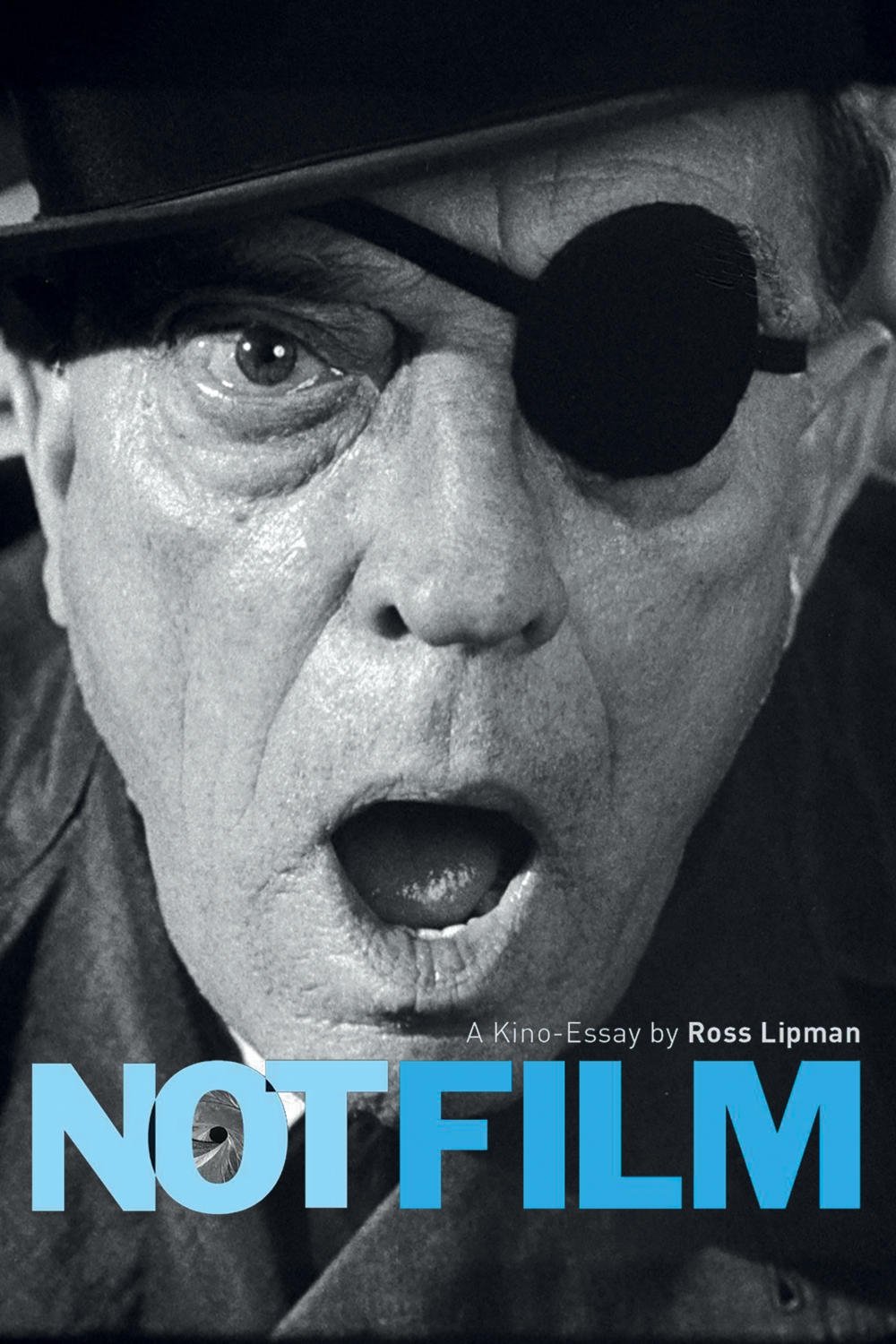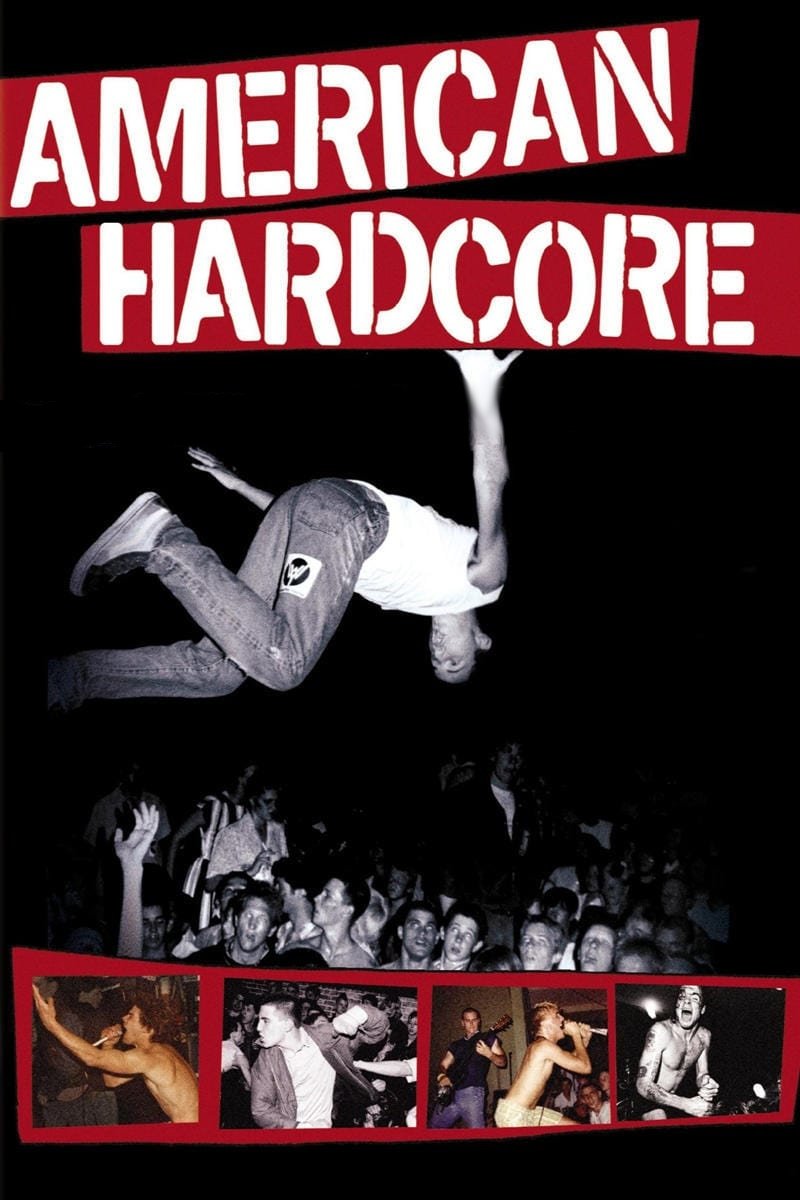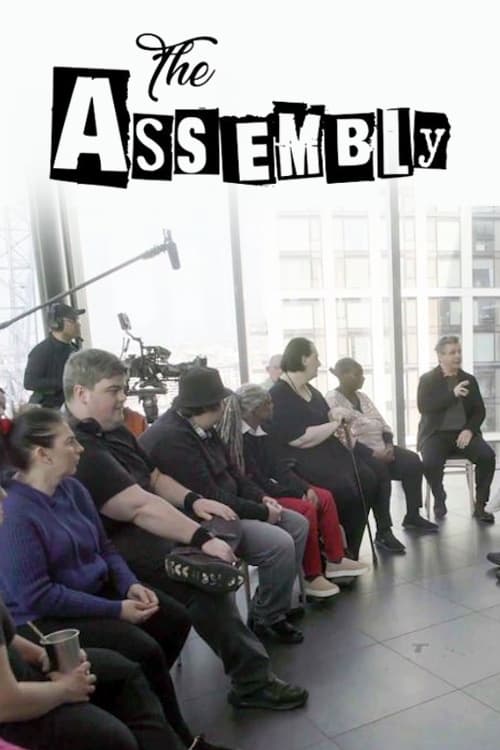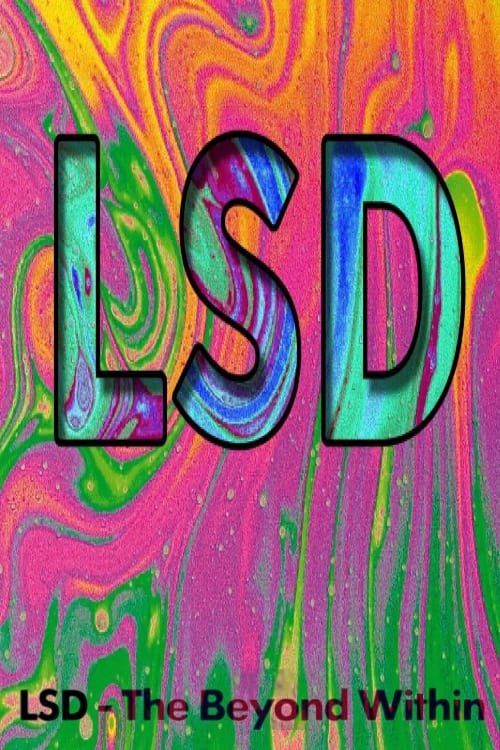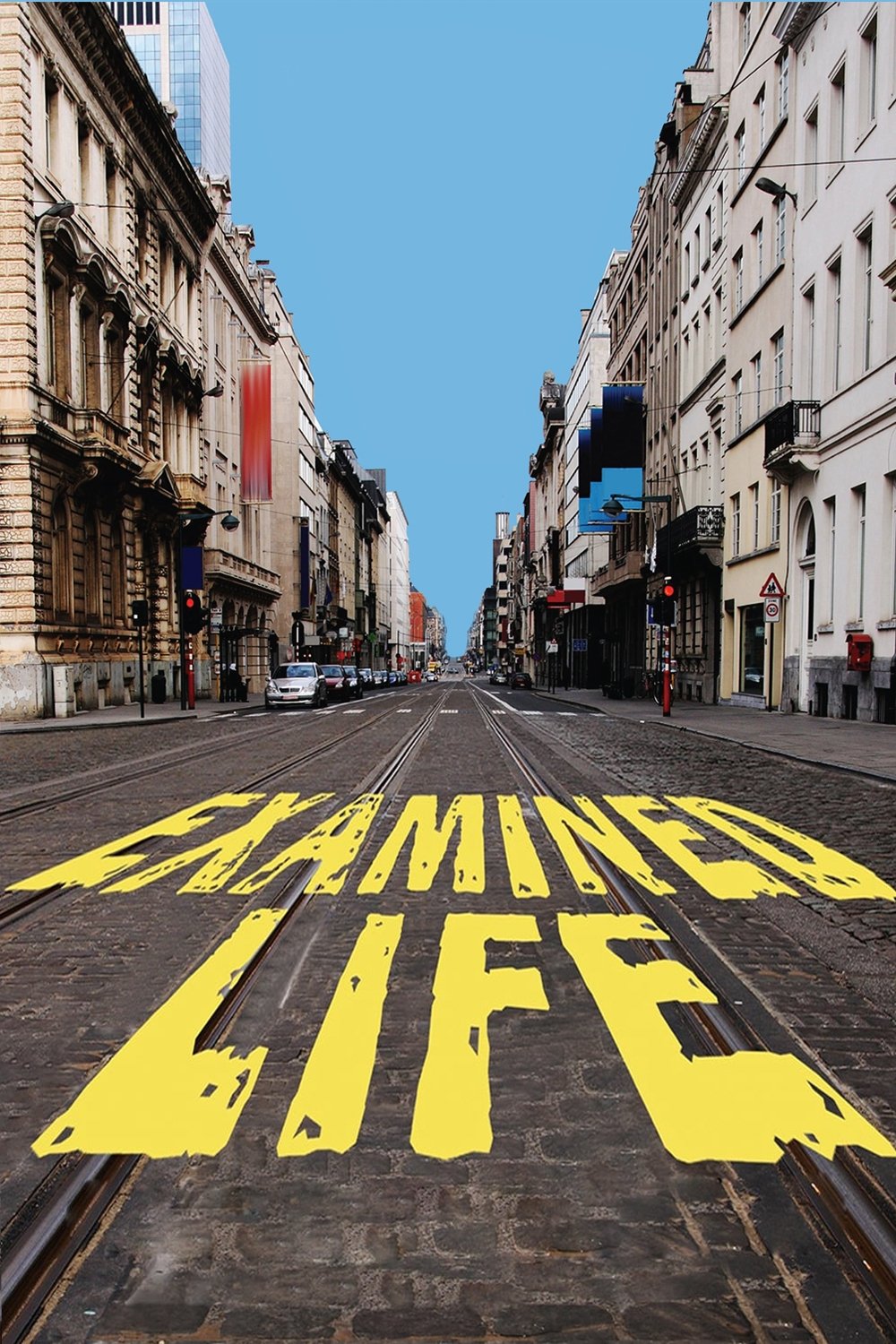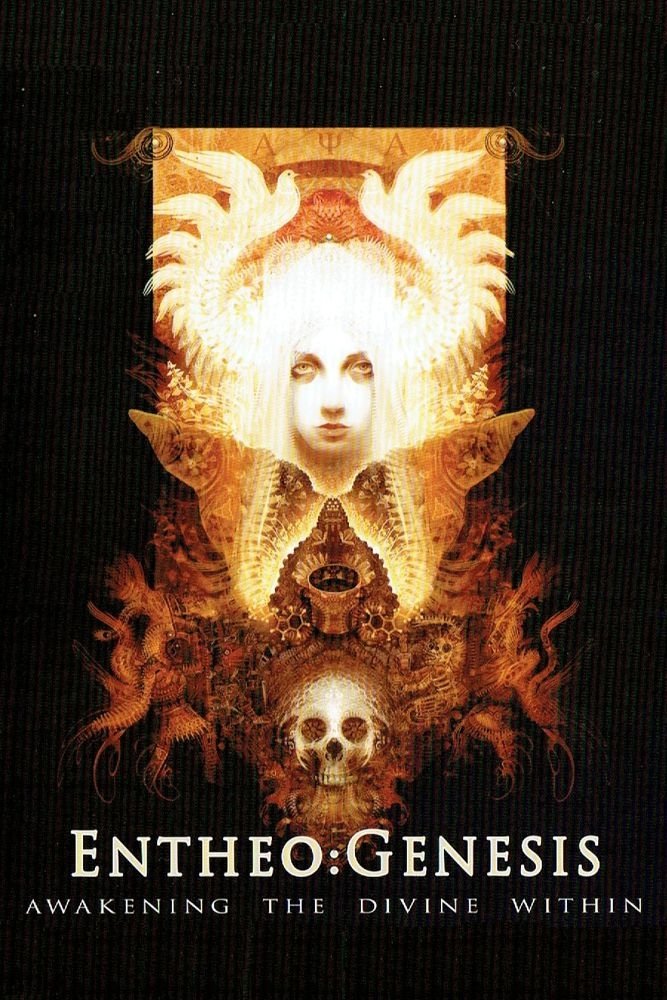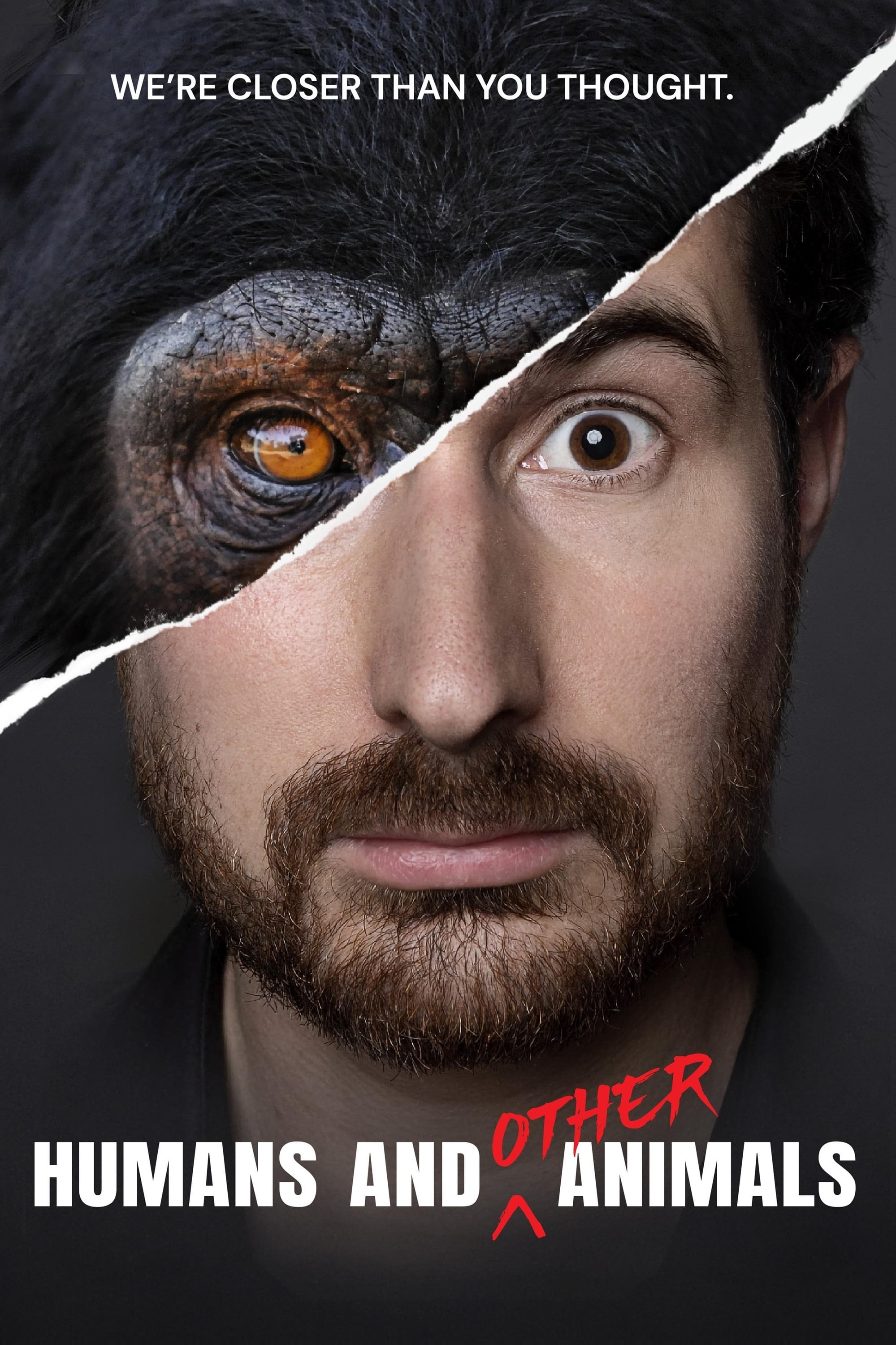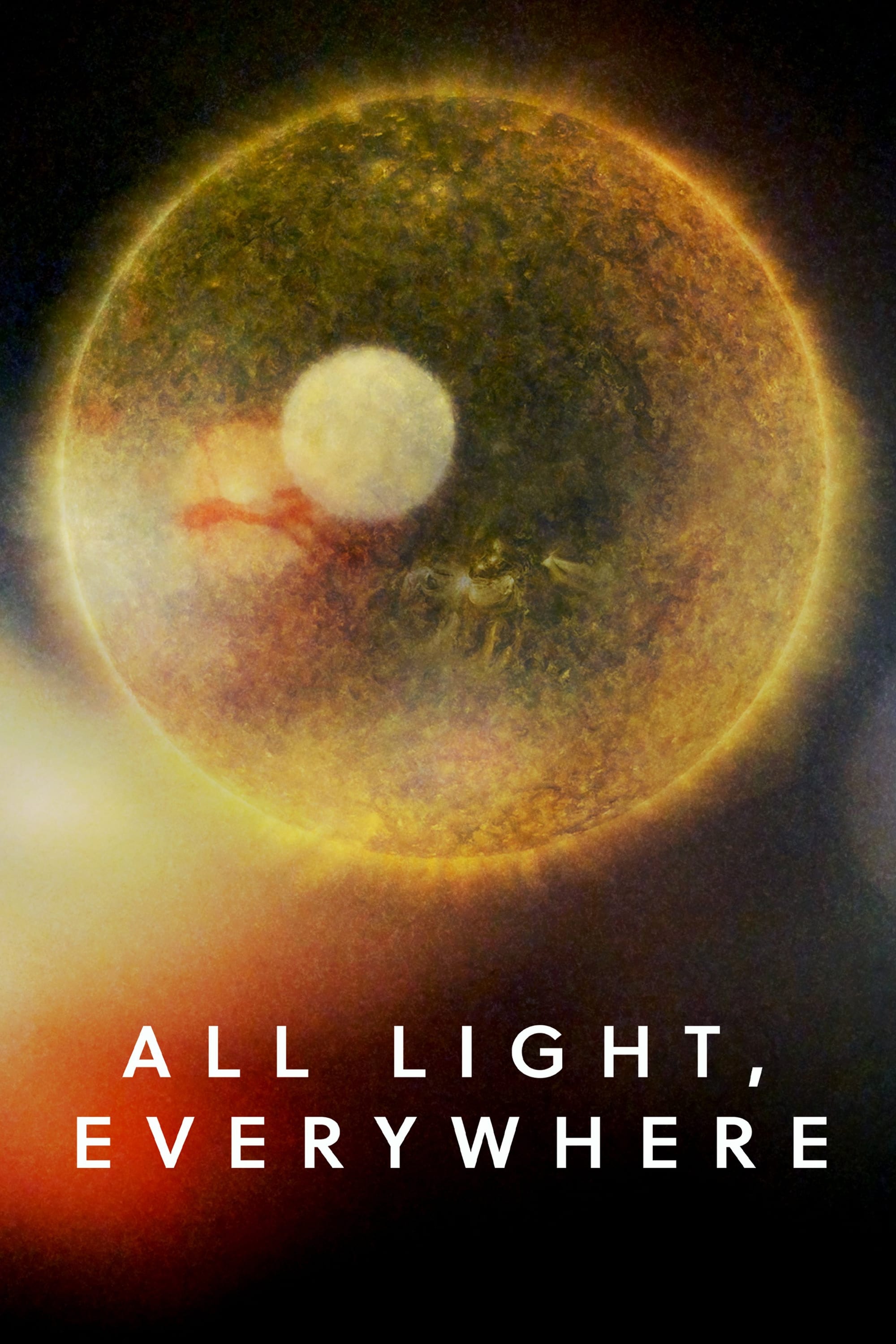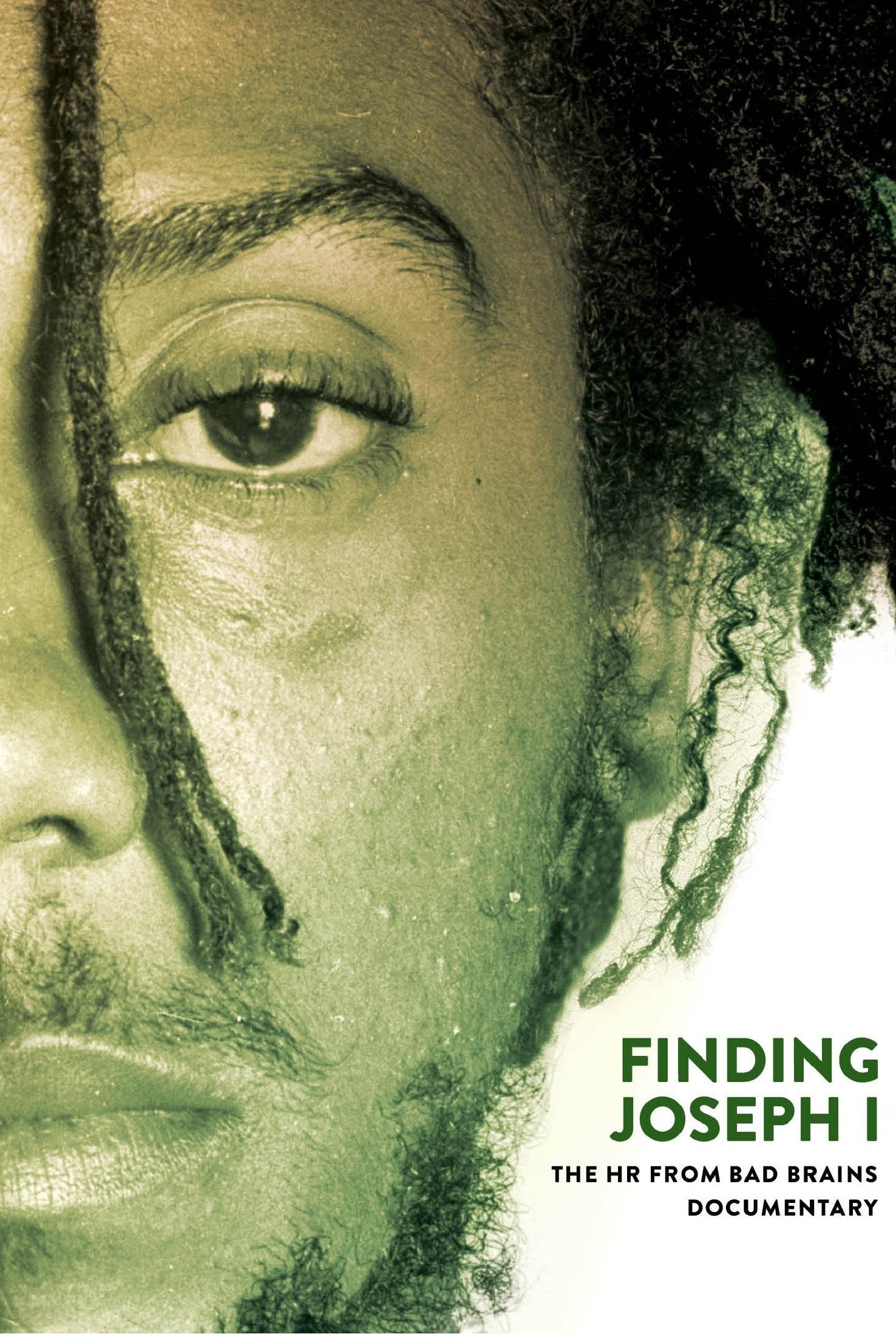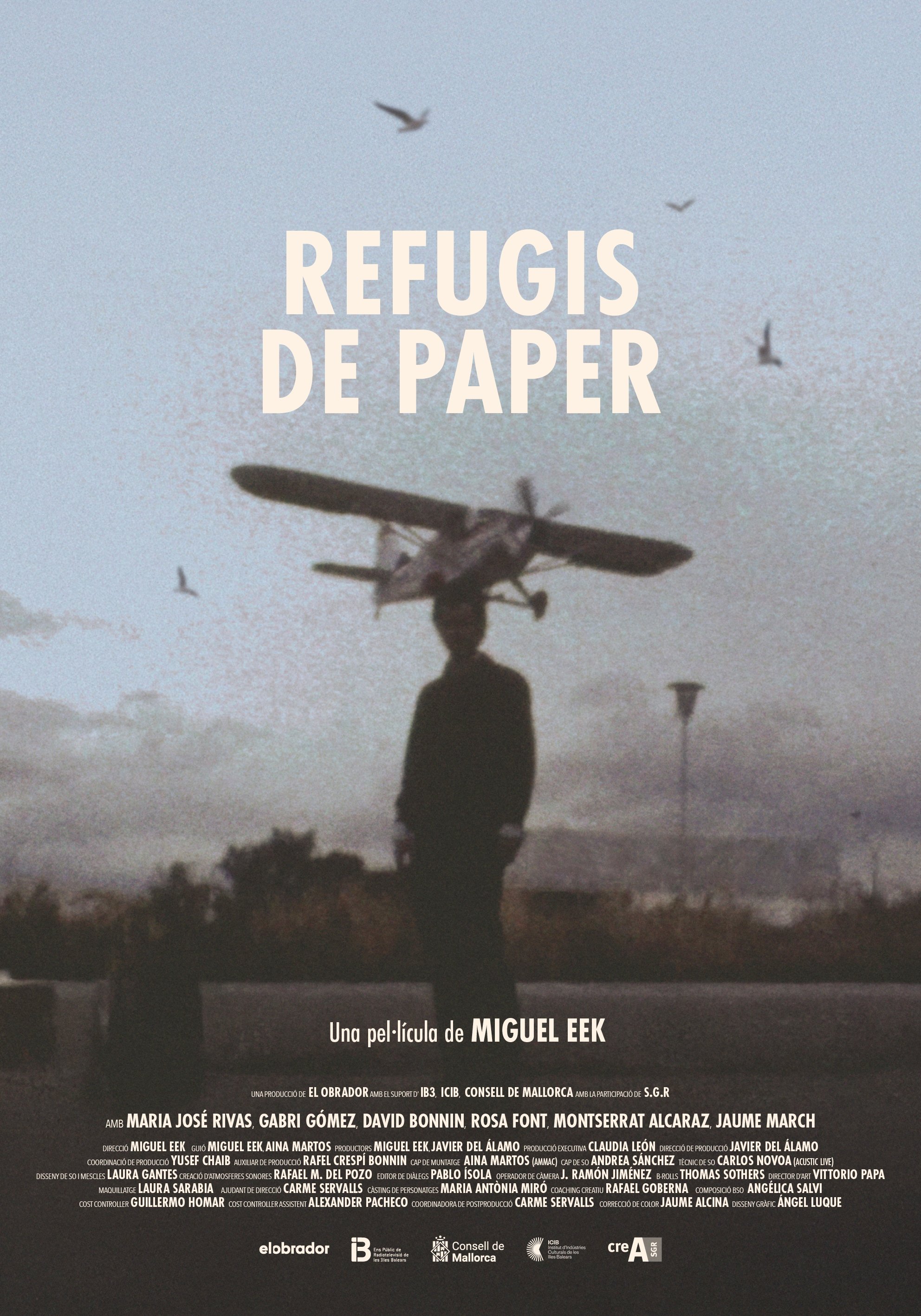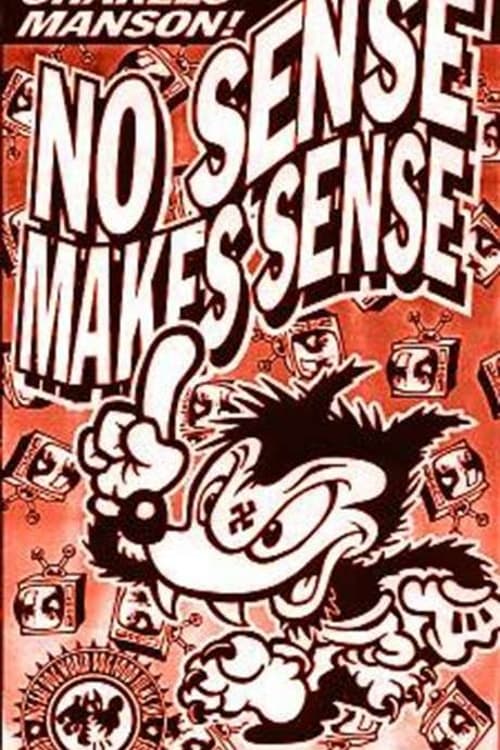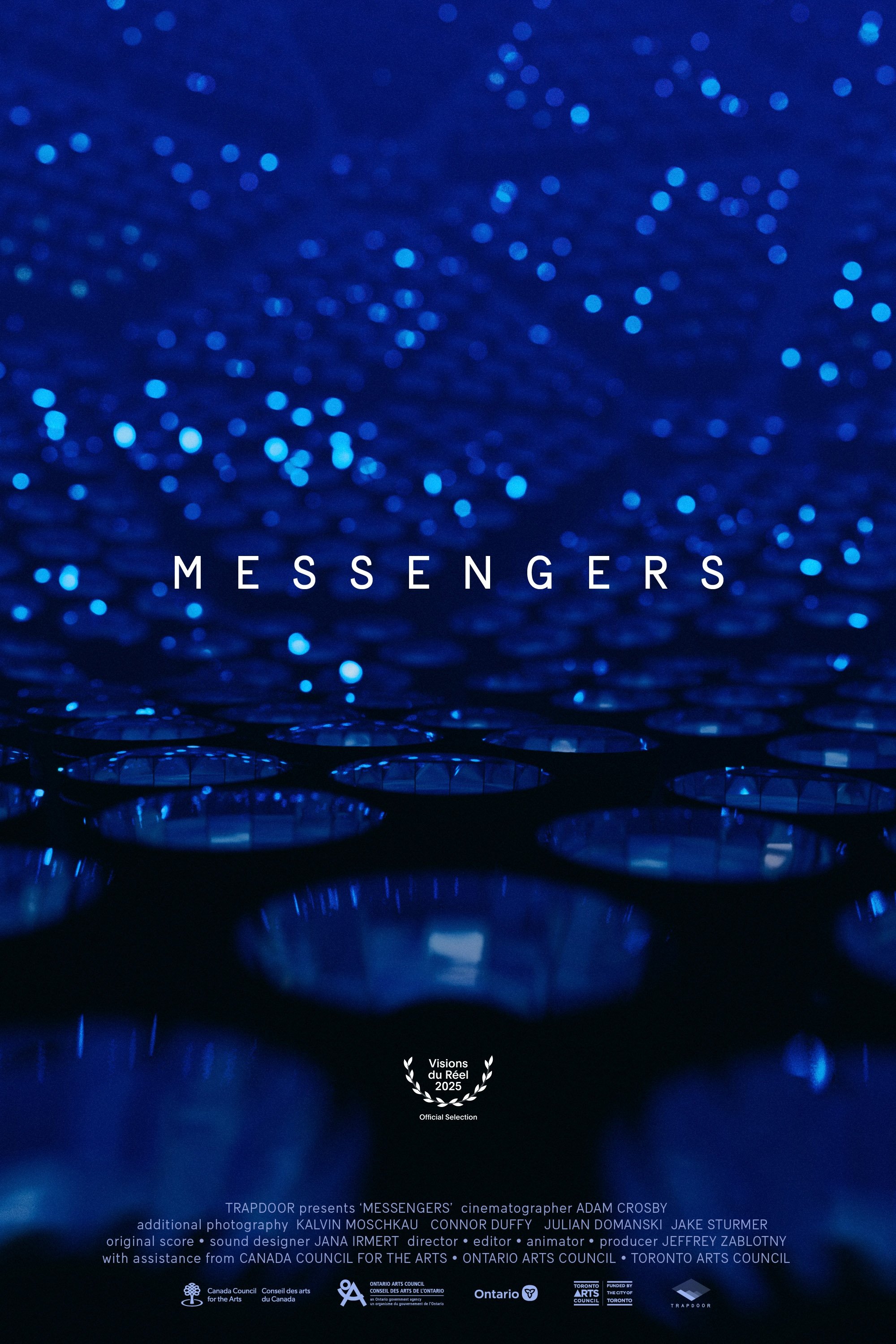Conversation with Myself (1972)
Released:
1972-01-01
Duration:
28min
Genres:
Documentary
Rating 0.0
Overview
Alan Watts talks about our perception of the world, and how we derive metaphysics from it. Watts recorded this video in 1971 as a pilot for a public television series in the United States.
Production Companies

KQED
Additional Info
| Budget | $0.00 |
|---|---|
| Revenue | $0.00 |
| Original Language | en |
| Popularity | 0.0404 |
Directed By
David D. Grieve
TOP CAST
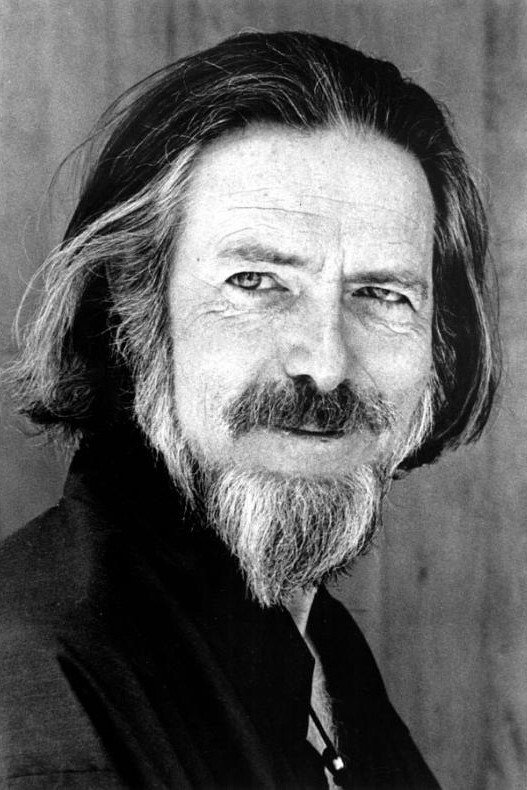
Alan Watts
Himself

